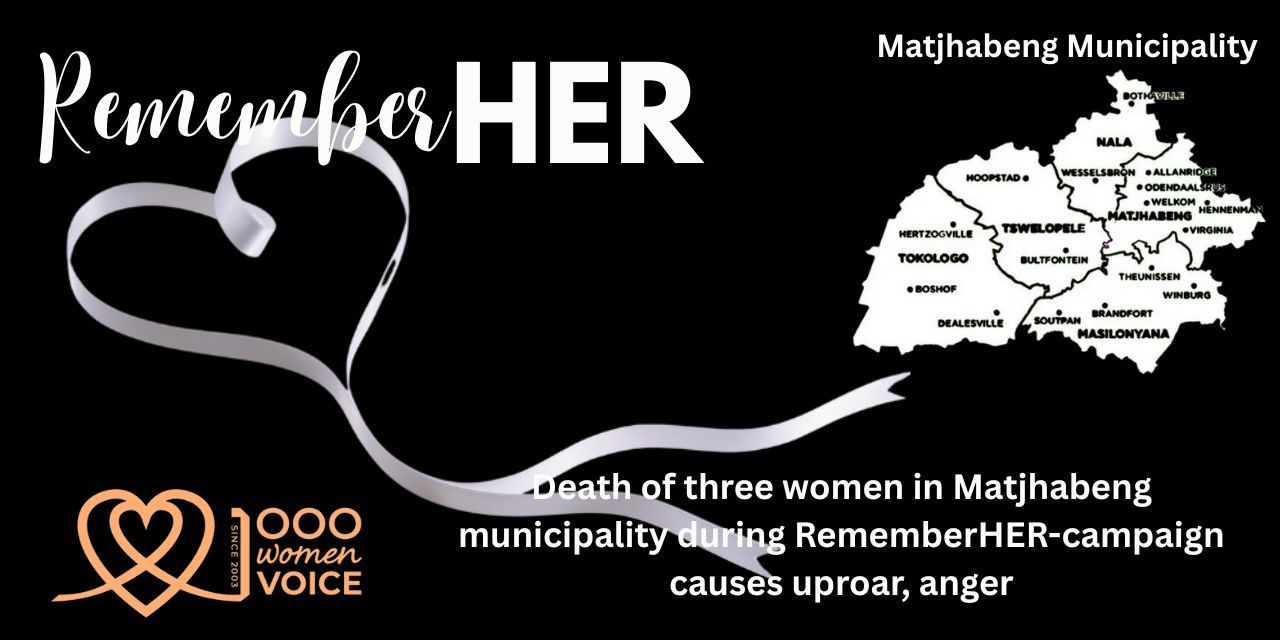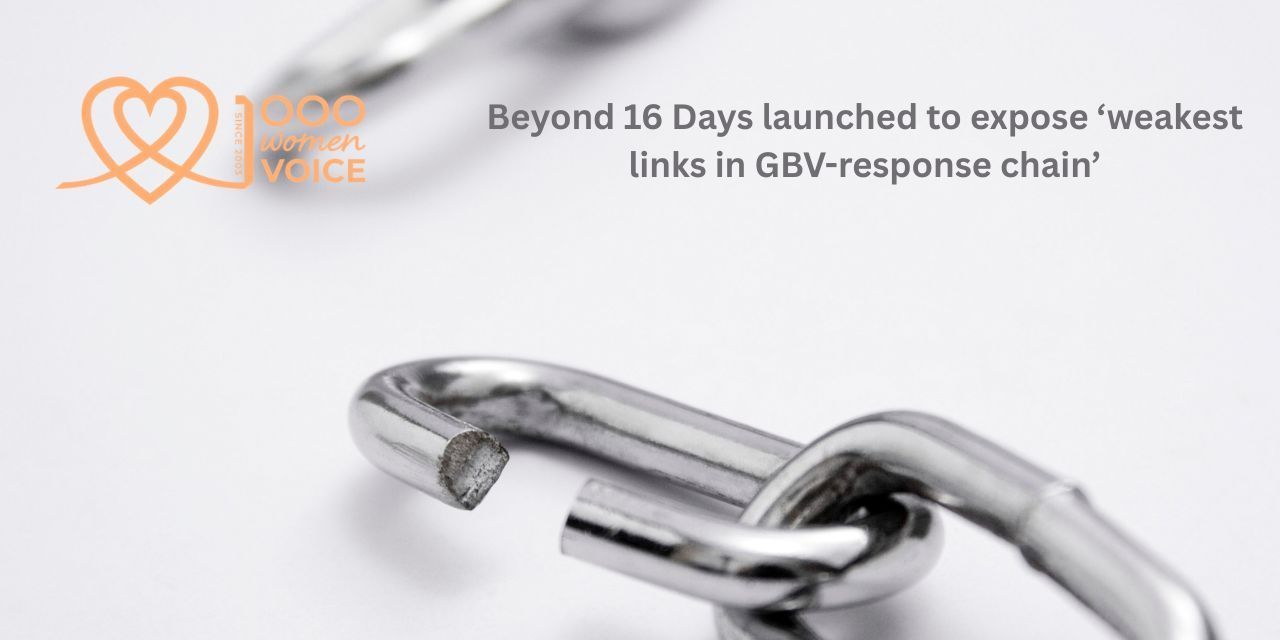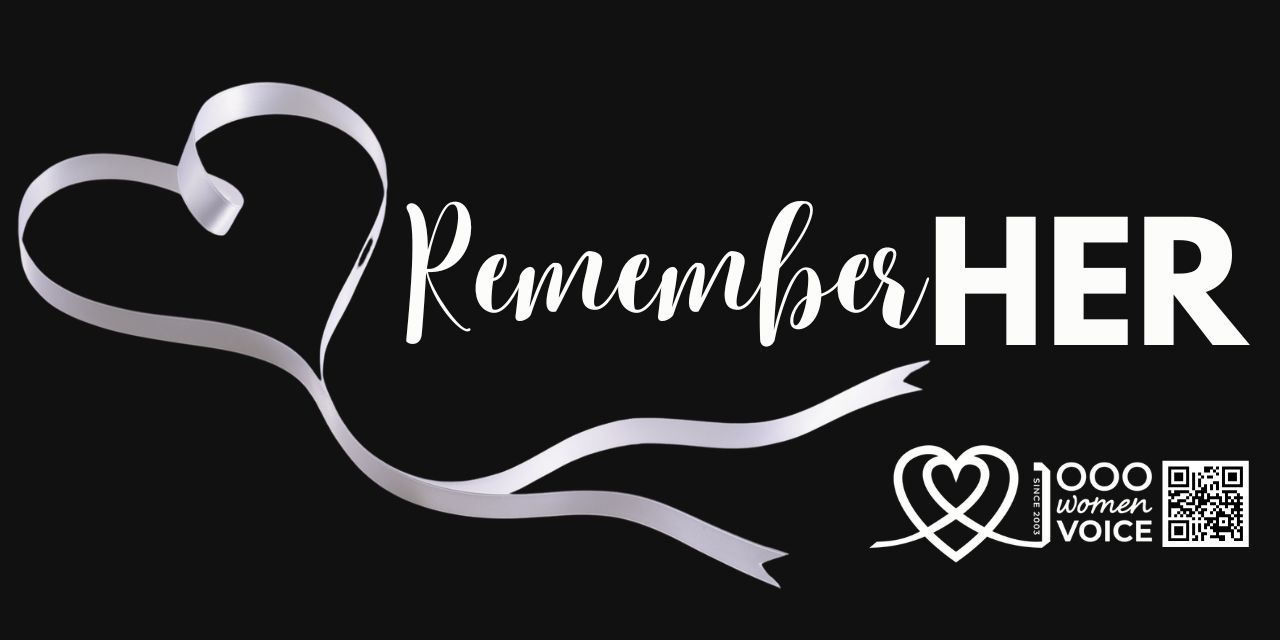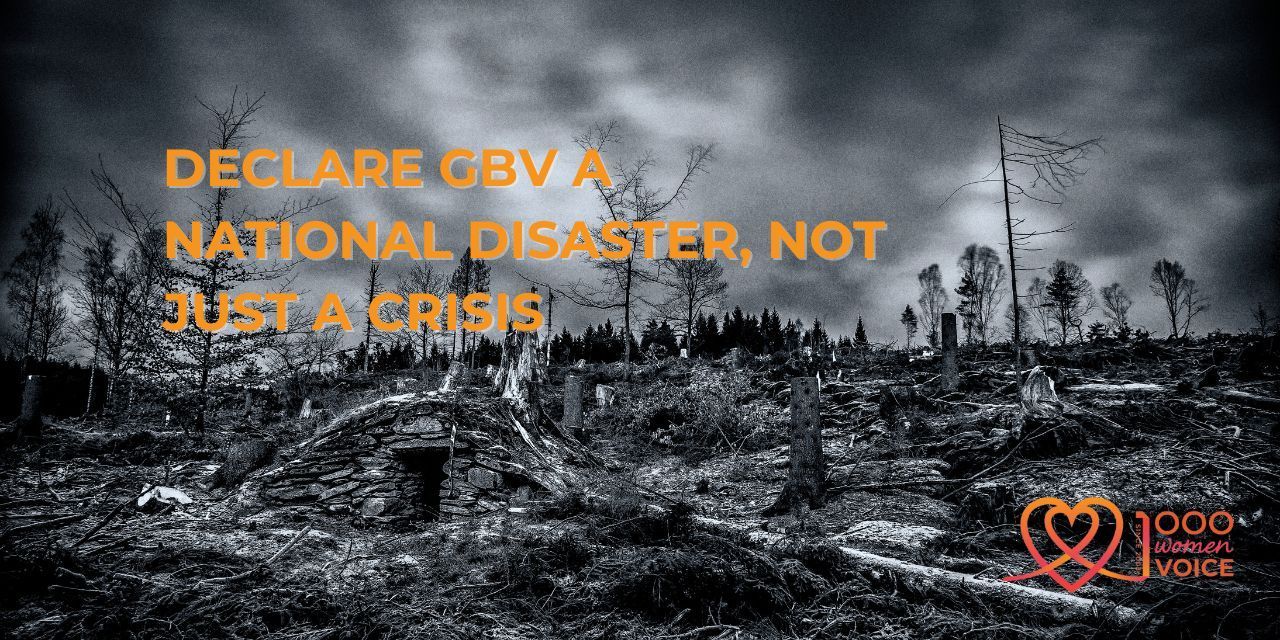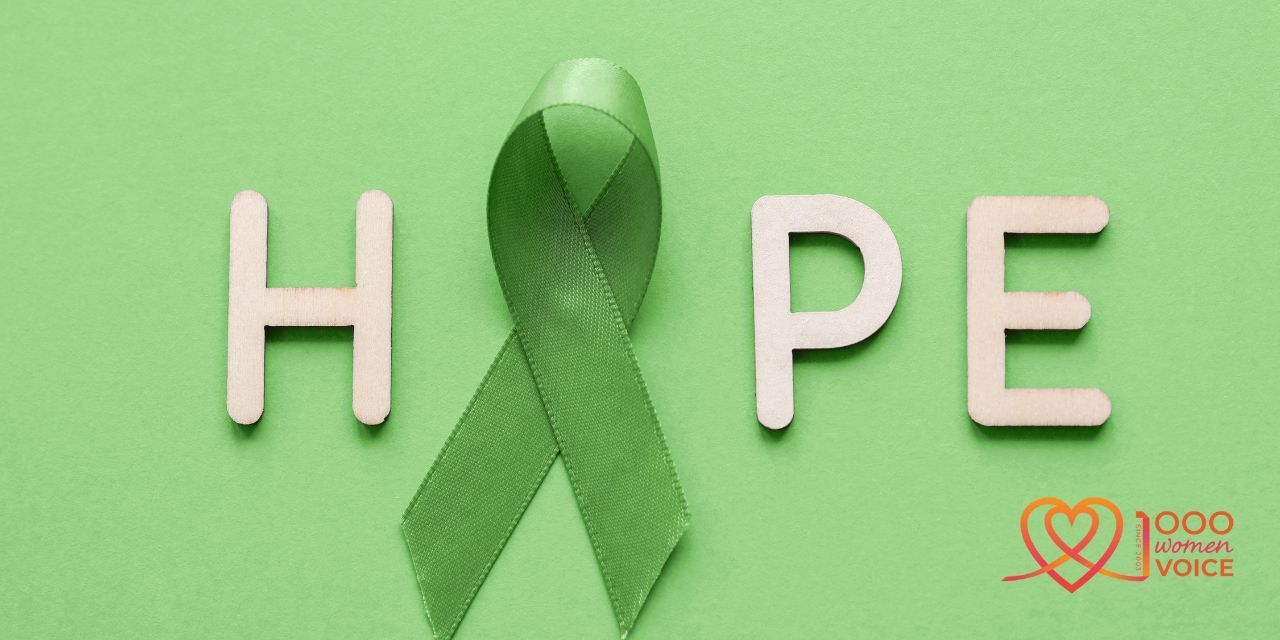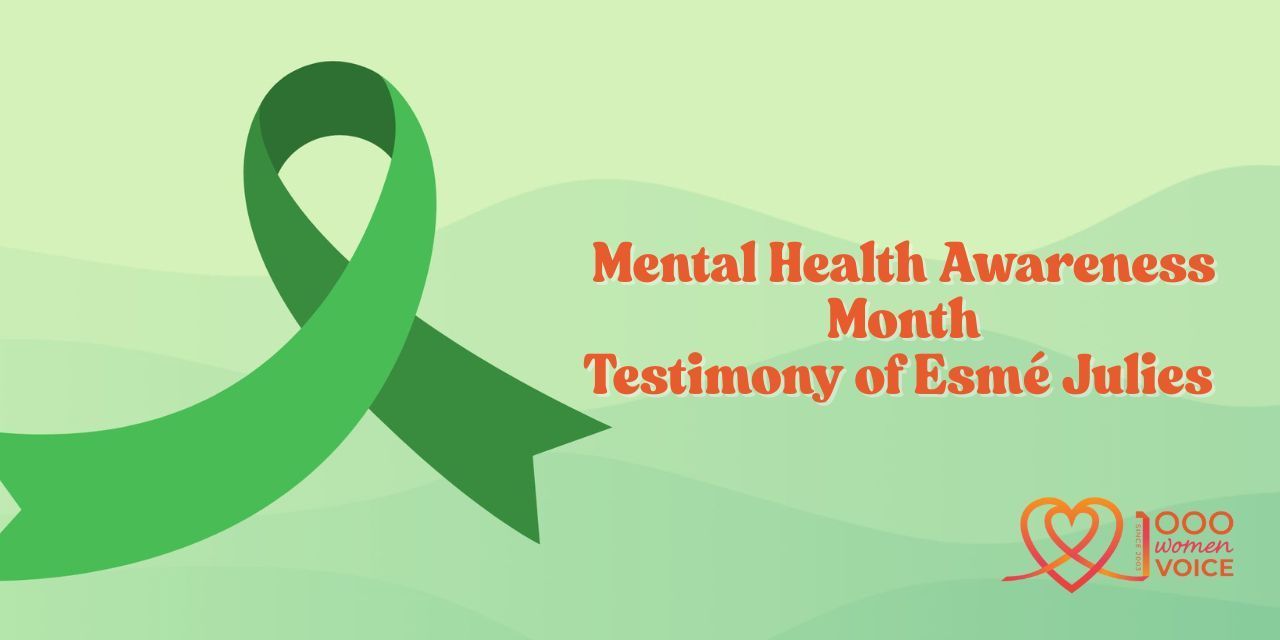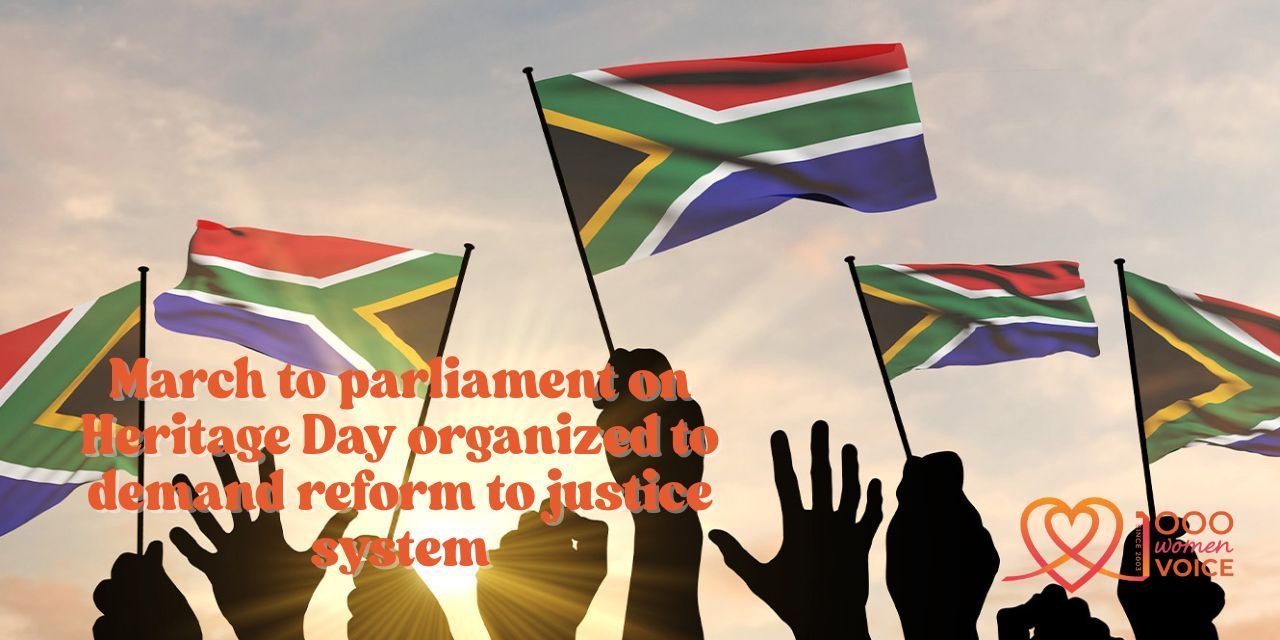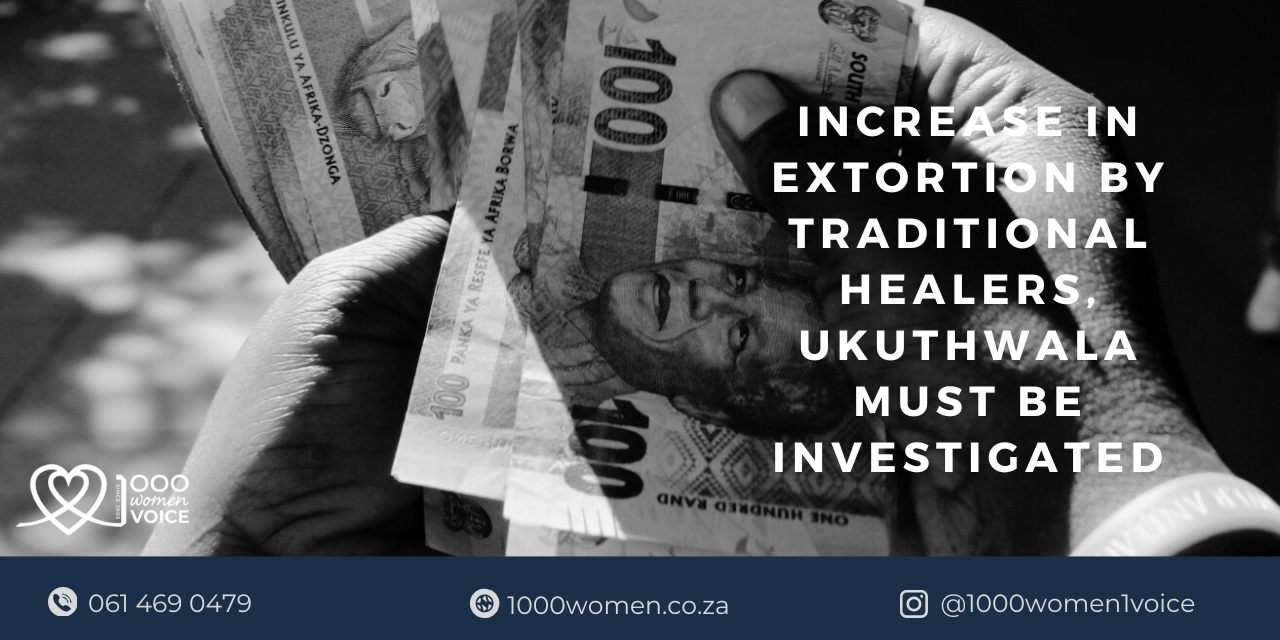Government, NPO’s must reposition themselves to empower SA women
CAPE TOWN. – The greatest challenges South African women face with regards to economic empowerment, is the lack of access to capital and opportunities. This problem needs to be solved by a partnership between community-led NPO’s, businesses, and government, said Mishinga Seyuba-Kombo, a specialist in small business entrepreneurship and head of enterprise development at Pick ‘n Pay. South Africa could explore opportunities around village banking to increase women’s access to capital in rural areas, she said.
She said village banking is taking off in the rest of Africa, and South Africa could explore this in order to improve women’s access to capital in rural areas. She also implored the government to make brilliant programs for economic empowerment more accessible to women.
She said a total of 52.2 % of South African women live below the Upper Bound Poverty Line, which means more than half of the women in the country have a monthly income below R1183. Women also suffer because of the scourge of gender-based violence, as 9516 cases of rape were reported to the police from January to March 2021. A woman is murdered in South Africa every three hours.
Seyuba-Kombo, who has enrolled for her doctorate degree in Business Administration at the University of Cape Town’s Graduate School of Business says that government, the private sector, and NPO’s, must focus on developing women with the available resources they have and continue to ringfence and prioritize budgets to support women-owned enterprises.
Before they can offer a solution, they should identify the community leaders and communicate effectively with them so that they can ascertain the biggest needs that women confront.
Seyuba-Kombo is a specialist in the enterprise development of small businesses. She will deliver the keynote address at the virtual annual meeting of the women-led organisation, 1000 Women 1 Voice, on the 24 th June 2021.
1000 Women 1 Voice focuses on fundraising and creating awareness for domestic and gender-based violence and abuse. The Trust is committed to ending gender-based violence and femicide in the society by empowering, inspiring, educating and equipping women and girls through various projects, grants and training initiatives.
“Government have very good programmes in place and has embarked on PR-campaigns to ensure the public is aware of specific programmes supporting women. The challenge is to find a more efficient process of getting these services to the people that need it the most,” said Seyuba-Kombo.
She says that it is important to study existing programmes and interrogate whether they are delivering benefits and if not, immediately review implementation.
As an example, Seyuba-Kombo highlights SEDA, the small enterprise development agency that provides business development services.
“SEDA is a brilliant development agency, it has provincial offices around the country and access but we need to make Seda programmes more accessible to women by providing a satellite transport service, because in many instances, women do not have the means to pay the taxi-fare to come into Cape Town to access their service.”
In terms of the private sector’s involvement, Seyuba-Kombo says they businesses could focus on holding hands with women led community agents who are integrally linked to the business. “Business must partner with communities to better alleviate the pressure under which communities operate.”
In addressing the role of NPO’s, Seyuba-Kombo said that they need to generate money in order to be in a healthy position to serve communities more efficiently.
“NPO’s are the lifeblood of communities and provide so much social cohesion, but they must have a look at their financial operating models and benchmark the business principles of larger organisations, so they are able to operate sustainably.”
In terms of access to capital, Seyuba-Kombo says projects like a women-owned bank could be pivotal. ”Village banking throughout the African continent is taking off and is one of the strategies that can be adopted to change the dynamics in rural South Africa.”
She says the stark unemployment realities amongst women in South Africa – 34.3% compared to 31% in men in the last quarter of 2020 – as well as a significant gender pay gap between men and women, is evidence that government, the private sector and NPO’s need to get involved collectively to turn the situation around for women.
According to PwC’s Executive Directors: Practices and Remuneration Trends report 2020, the gender pay gap is significant – at 45 % – across big, established companies, with a marginal improvement at medium-cap (39%) and a 25% pay gap in the small-cap sectors.
The differences in pay gaps between industries are stark, ranging from 7 % in financials to a hefty 34 % in the real estate industry.
The severity of poverty measures was larger for female-headed households compared to households headed by males, according to figures provided by Stats SA. The proportion of females living below the upper bound poverty level was 16,9 percentage points more than that of households headed by males (49,9% versus 33,0%).
Tina Thiart, founder member of 1000 Women Trust, said the Trust advocates for the economic empowerment of women and has embarked on a programme to support women survivors to generate income or get meaningful employment. She invited women to sign up for the 2021 1000 Women annual luncheon on 24 June at 12:30 and join the efforts to empower women.
Press release compiled by Fanie Heyns on behalf of 1000 Women Trust. For more information, contact Tina Thiart on 0732079079 or contact Mishinga Seyuba-Kombo on 0827314894.
